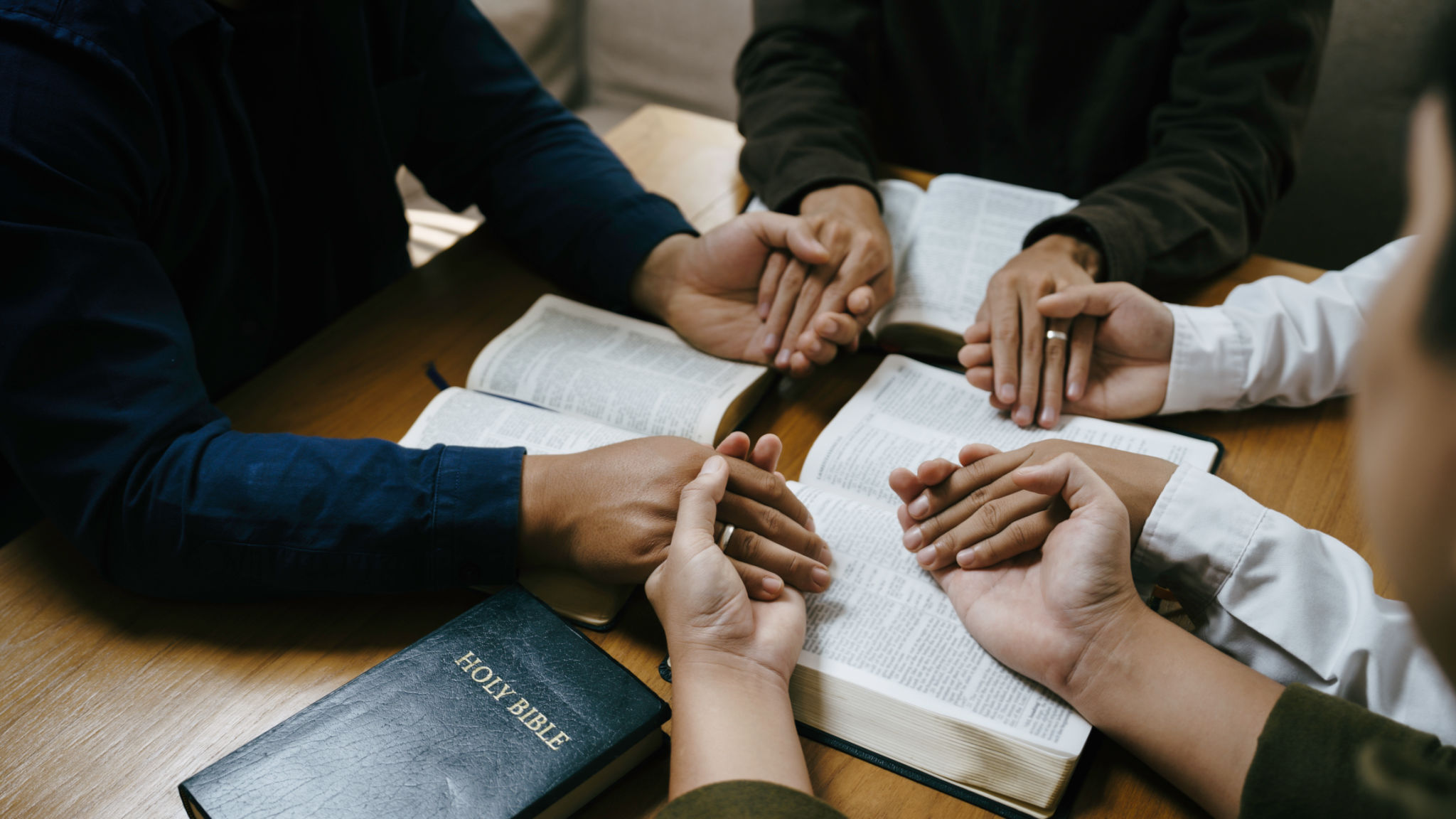Debunking Myths: What Christian Opposition to Same-Sex Marriage Really Means
Understanding the Roots of Opposition
When discussing the topic of same-sex marriage, it's essential to understand the underlying reasons behind Christian opposition. Many Christians base their objections on religious texts, which they interpret as defining marriage as a union between a man and a woman. This belief is deeply rooted in their faith and often influences their stance on related social issues.

However, it is important to recognize that not all Christians interpret these texts in the same way. There is a diversity of thought within the Christian community, and some denominations and individuals fully support same-sex marriage, seeing it as compatible with their faith. Thus, generalizing the Christian perspective can be misleading.
The Role of Tradition and Culture
Beyond religious texts, tradition and cultural norms play a significant role in shaping opinions. For centuries, many societies have adhered to a traditional view of marriage, which has informed legal and social frameworks. This historical context often influences how individuals perceive changes to the definition of marriage.
As cultures evolve, these traditional views are being challenged, leading to a re-examination of what marriage means in a contemporary context. This shift can create tension between maintaining cultural heritage and embracing new societal norms.

Myth vs. Reality: Common Misconceptions
One common myth is that all Christians oppose same-sex marriage due to homophobia or bigotry. While there are certainly individuals who hold these prejudices, many Christians oppose same-sex marriage purely from a theological standpoint without harboring animosity towards LGBTQ+ individuals. It is crucial to differentiate between opposition based on belief systems and genuine prejudice.
Another misconception is that Christian opposition to same-sex marriage aims to impose religious beliefs on others. In reality, many Christians advocate for their standpoint while respecting the secular nature of government and the need for separation between church and state.

Engaging in Constructive Dialogue
Given the complexity of this issue, engaging in open and respectful dialogue is essential. Listening to opposing viewpoints with empathy can foster understanding and bridge gaps between differing perspectives. Constructive conversations can lead to greater mutual respect and highlight shared values that transcend religious differences.
By focusing on commonalities rather than differences, individuals from various backgrounds can work towards solutions that respect both religious beliefs and the rights of all individuals.
The Path Forward
The debate over same-sex marriage continues to be a polarizing issue within many communities. As society progresses, it will be essential for individuals and religious groups to navigate these changes with compassion and an open mind. Recognizing the diversity of thought within Christianity itself is a critical step toward a more inclusive dialogue.

Ultimately, understanding what Christian opposition to same-sex marriage really means requires looking beyond stereotypes and engaging with the core beliefs and values that drive these perspectives. By doing so, we can foster an environment where all voices are heard and respected.